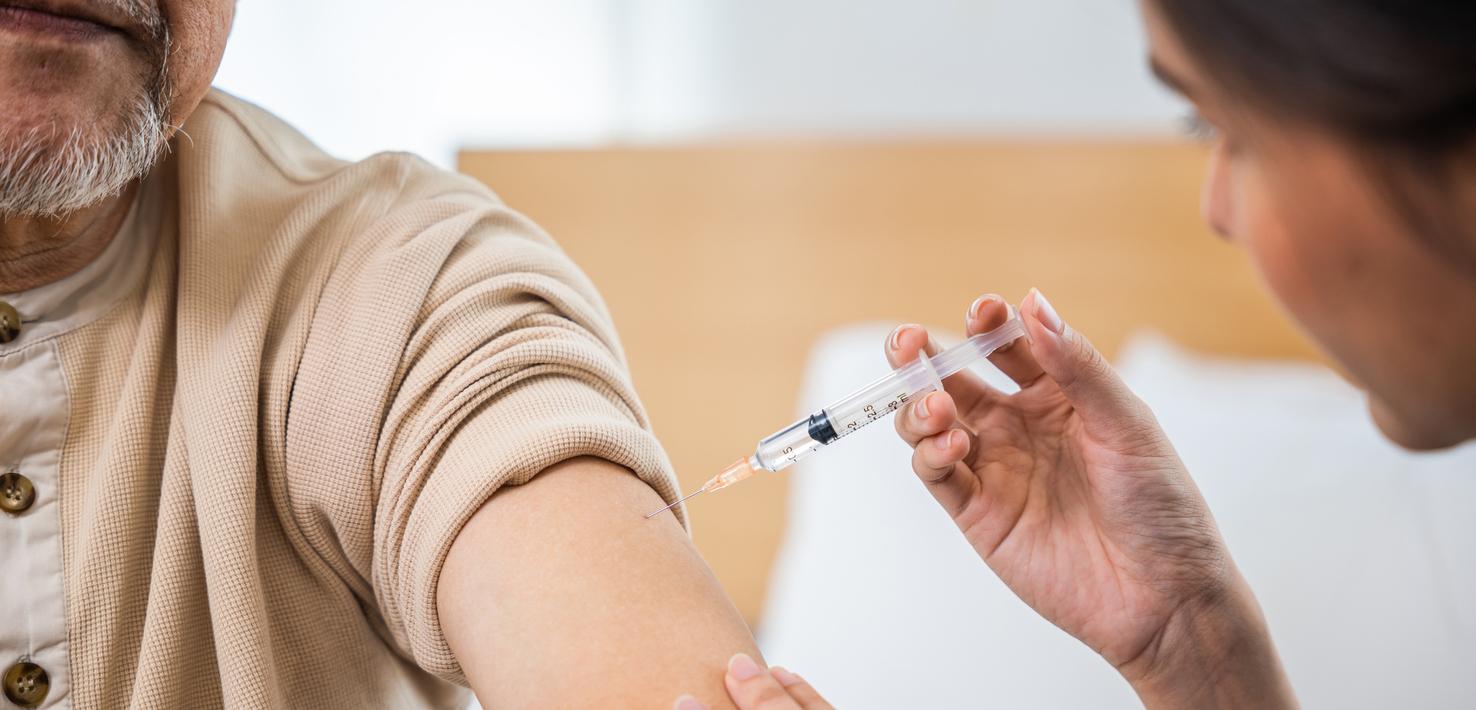Can you tell us more about your activity?
Nathalie Ducoudret: “Specialty medicine is a key area for Sanofi. It is dedicated to researching highly specialized treatments that target serious diseases, some of which are rare, difficult to diagnose and treat. She embodies hope for patients and their loved ones with the development of highly innovative treatments for diseases for which there is no medicine. We ask ourselves each time what the needs of the patients are, what they expect from us beyond a treatment. Hence our campaigns for the general public that we are carrying out because there is a huge need for information to get these patients out of isolation. For lack of treatment, a certain number of them, resigned, even gave up the course of care. Talking about their disease, making it known, allows them to put words to their ills, to what they have been feeling for years. We have seen people with nasal polyposis cry with emotion at the thought of having their condition talked about. Considering a solution for their disease gives them hope and encourages them to return to a course of care. We have thus developed treatments for lysosomal storage diseases (Gaucher disease, Pompe disease, Fabry disease, etc.), mucopolysaccharidosis type 1 (MPSI), acid sphingomyelinase deficiency (ASMD)…”
In partnership with patient associations, you have recently set up information campaigns on severe asthma and nasal polyposis. Why ?
Nathalie Ducoudret: “These campaigns are part of our research in immunology. Severe asthma and nasal polyposis often have type 2 inflammation in common. These are also diseases that lead to a daily disability and for which those affected are waiting for information. Patients with severe asthma have an asthma that is no longer controllable and in which every daily gesture becomes an enormous burden. The objective of the general public campaign is to explain what these patients are going through in order to get them out of their isolation and also encourage them to consult a pulmonologist to benefit from appropriate care. Those who suffer from nasal polyposis have among other things a loss of smell and taste. This symptom is the one that bothers them the most in their daily lives. Here again, our campaign aims to inform about this pathology which represents a real handicap in finding solutions with doctors. Entering a care pathway with an ENT specialist is essential. »
Your future projects are the logical continuation of these information campaigns. Can you explain to us why?
Nathalie Ducoudret: “We want to continue moving the lines on type 2 inflammation, a new paradigm, and to make this somewhat technical term known to the general public. Severe asthma, nasal polyposis but also severe atopic dermatitis, eosinophilic esophagitis, but also certain food allergies, for example, are often linked to type 2 inflammation. Patients can combine several of these pathologies. Our goal is for these people to be aware that their different illnesses can have the same cause. We will soon be working on this type 2 inflammation through a fierce disease called nodular prurigo, a skin disease for which type 2 inflammation is partly responsible.
We also have ambitious projects for rare diseases, in multiple sclerosis, in particular that affecting children, and also in oncology, particularly in multiple myeloma and non-small cell lung cancer. »















